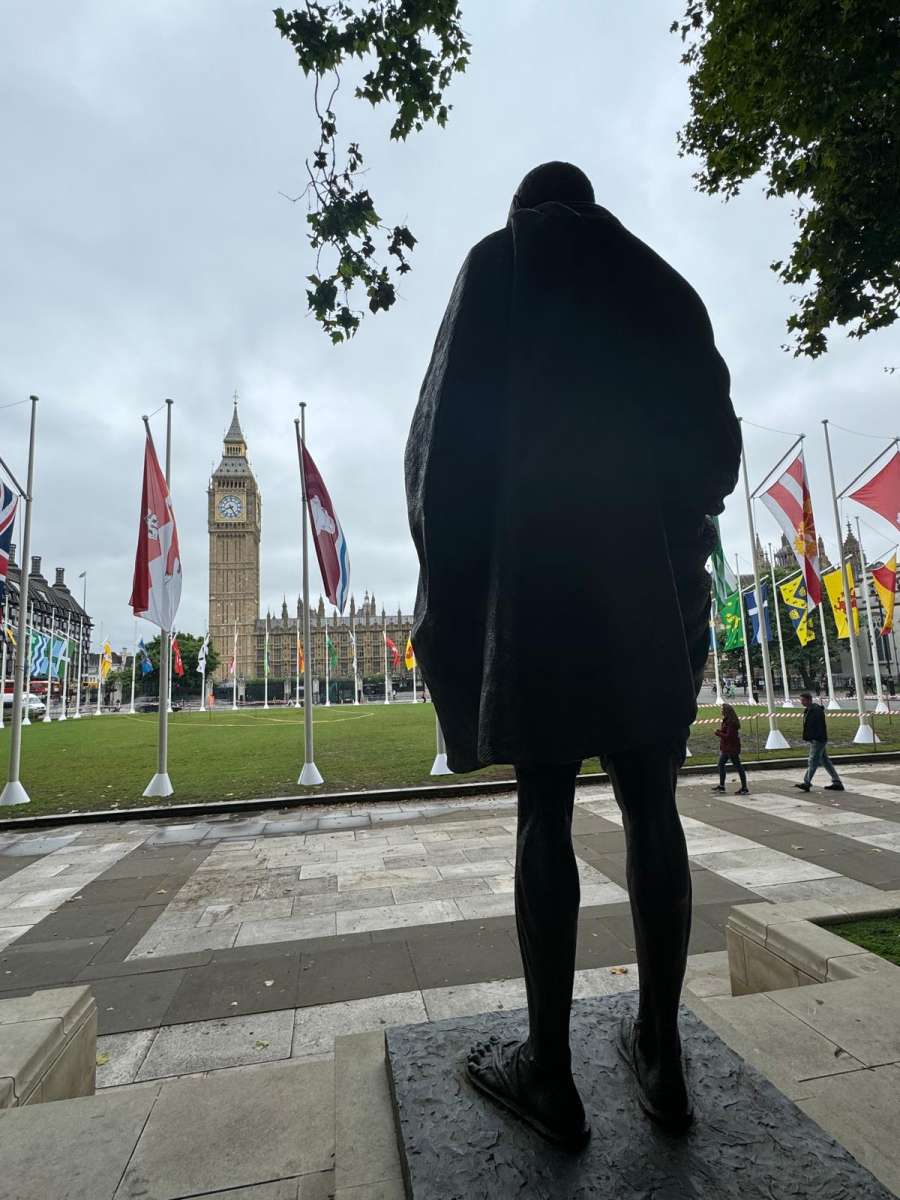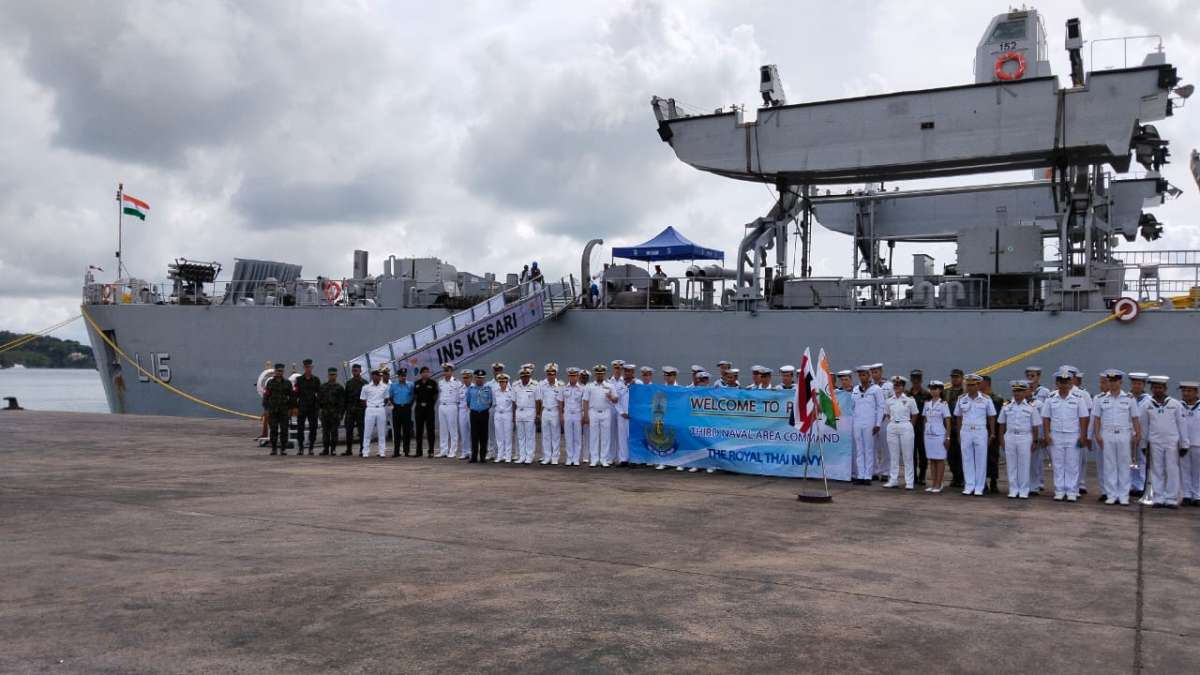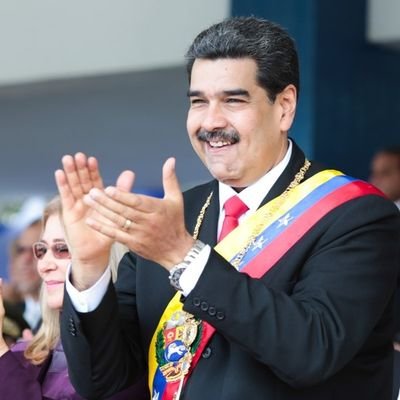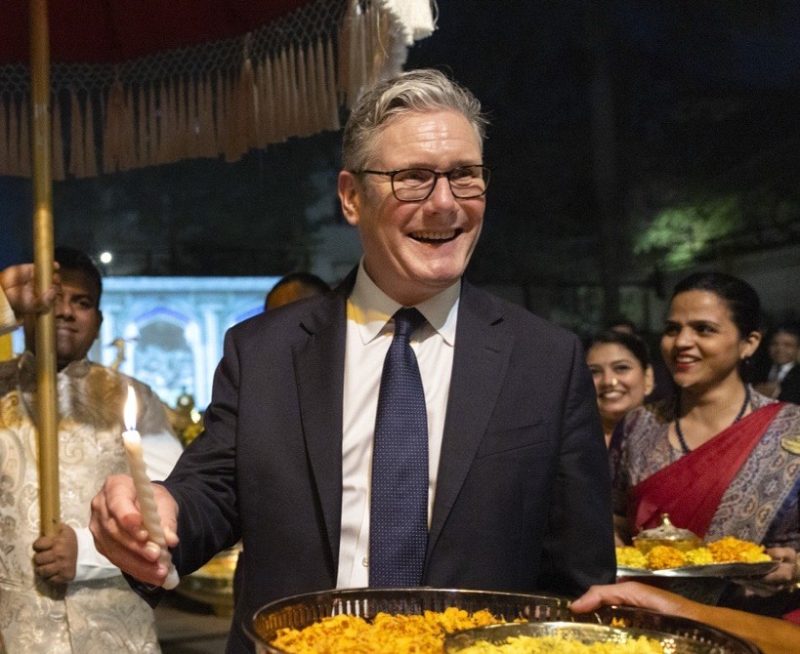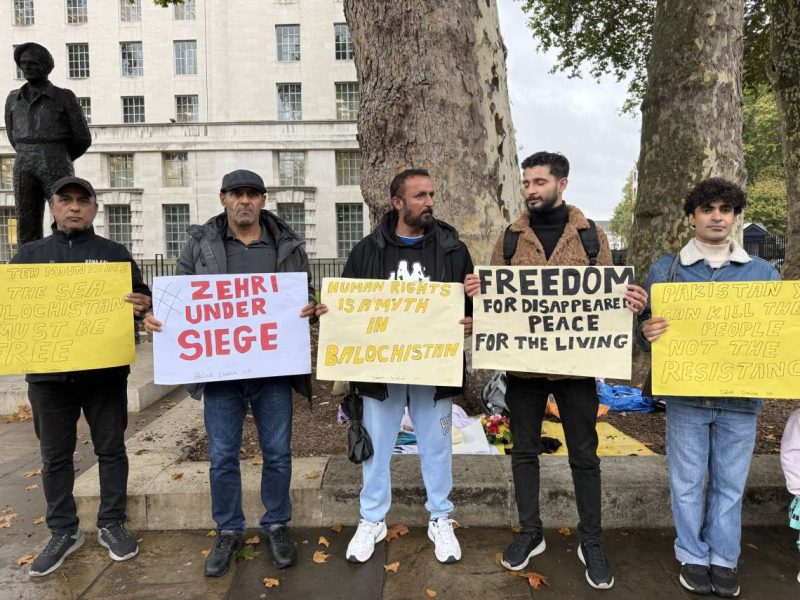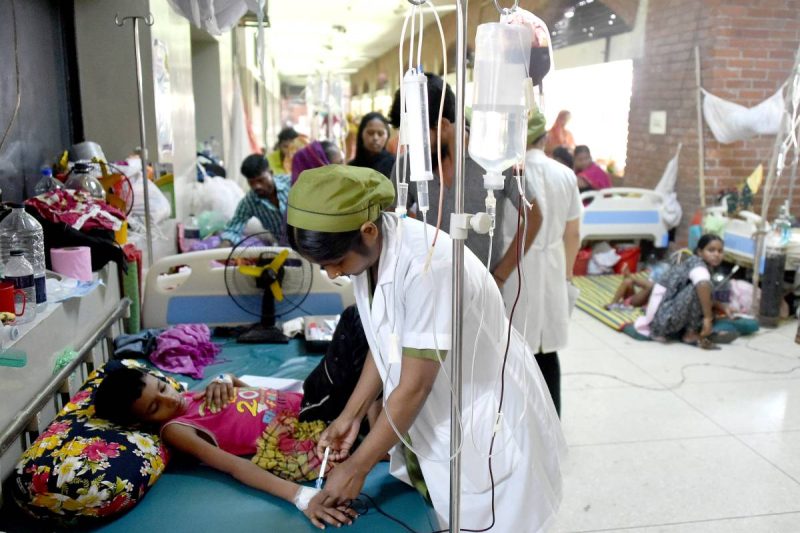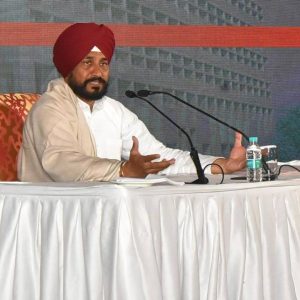British Indian think-tank 1928 Institute will be the secretariat of this new group, which brings together the different India-UK parliamentary panels of the past under one umbrella…reports Asian Lite News
A new India All Party Parliamentary Group (APPG) has been launched for the newly elected UK Parliament with a remit to promote the bilateral relationship across all sectors, from trade and investment, science and technology to healthcare and education.
The India APPG was formally launched earlier this week and celebrated during an “Indian Summer” event marking the ongoing South Asian Heritage Month at the Commonwealth Parliamentary Association (CPA) Room in the Houses of Parliament complex, where several newly elected British Indian members of Parliament backed the initiative.

The new cross-party panel will be co-chaired by crossbench peer in the House of Lords Karan Bilimoria and new British Sikh Labour MP Jeevun Sandher.
“It is serendipitous that we celebrate the UK-India partnership just as we launched the new India APPG, which I am proud to co-chair,” said Bilimoria.
“The India APPG promotes the strengthening of the bilateral relationship between the UK and India, focusing on key areas such as trade and Investment, education, sustainable development, culture, health, science and innovation, including technology and AI, and defence and security,” he said.
He said it will help enhance the relationship between both countries’ parliaments and governments on a national and regional level, and also continue to promote people-to-people links, including the living bridge between the people of Indian origin in the UK and India.
British Indian think-tank 1928 Institute will be the secretariat of this new APPG, which brings together the different India-UK parliamentary panels of the past under one umbrella.

While Baroness Sandy Verma will be the President of the group, MPs making up India APPG will include Gurinder Josan, Warinder Juss, Kirith Entwhistle, Sojan Joseph and Kanishka Narayan from Labour, Shivani Raja and Bob Blackman from the Conservatives and a number of veteran peers including Lord Navnit Dholakia (Liberal Democrats) and Lord Dolar Popat (Tories), among others.
APPGs are informal, cross-party groups in the UK formed by members of both Houses of Parliament who share a common interest in a particular policy area, region or country.
“Many of the all-party group members have been extremely active way before it was fashionable to be active on this subject, so thank you for your longevity. I’m looking forward very much to seeing new young members getting involved,” said Catherine West, the UK’s new Indo-Pacific Minister in the Foreign, Commonwealth and Development Office (FCDO).
“My boss, David Lammy – the Foreign Secretary, has already visited India. He has had conversations with many, many partners in India about how we can deepen our relationship, not just in the political sense, but also in terms of understanding the economy, health, education,” she said.
The South Asian Heritage Month (SAHM) is marked annually in the UK between July 18 and August 17, coinciding with Indian independence celebrations.
“The 18th of July 1947 is the date on which the Indian Independence Act gained Royal Assent. That’s when King George VI signed independence for India into law. The 17th of August 1947 is a date on which the borders were drawn between India and Pakistan,” shared Jasvir Singh, SAHM Co-Founder and Chair of City Sikhs.
“That’s a fundamental part of this month, understanding the links that Britain and British history has to South Asia because South Asian history is British history. This year, our theme is ‘free to be me’ – it’s about the ability to talk about what it is that makes us unique as individuals, what are the intersectionalities that make up who we are,” he added.
FTA With India
Meanwhile, highlighting the ongoing talks on the India-UK Free Trade Agreement (FTA), Kevin Mccole, Managing Director of the UK-India Business Council, said that they are hopeful that some deal could be done quickly and then built upon while moving forward.
He noted that in the Labour Party’s manifesto, they restated their commitment to conclude negotiations on the FTA.
“It is important that in the Labour Party’s manifesto going into the general election, they restated their commitment to concluding negotiations on the FTA, ratifying it and then implementing it, making it a real success,” Mccole said.
Reiterating the UK Foreign Secretary’s statement, he noted that David Lammy sees FTA as a “floor” for both countries’ trade and investment relationship, and not a “ceiling”.
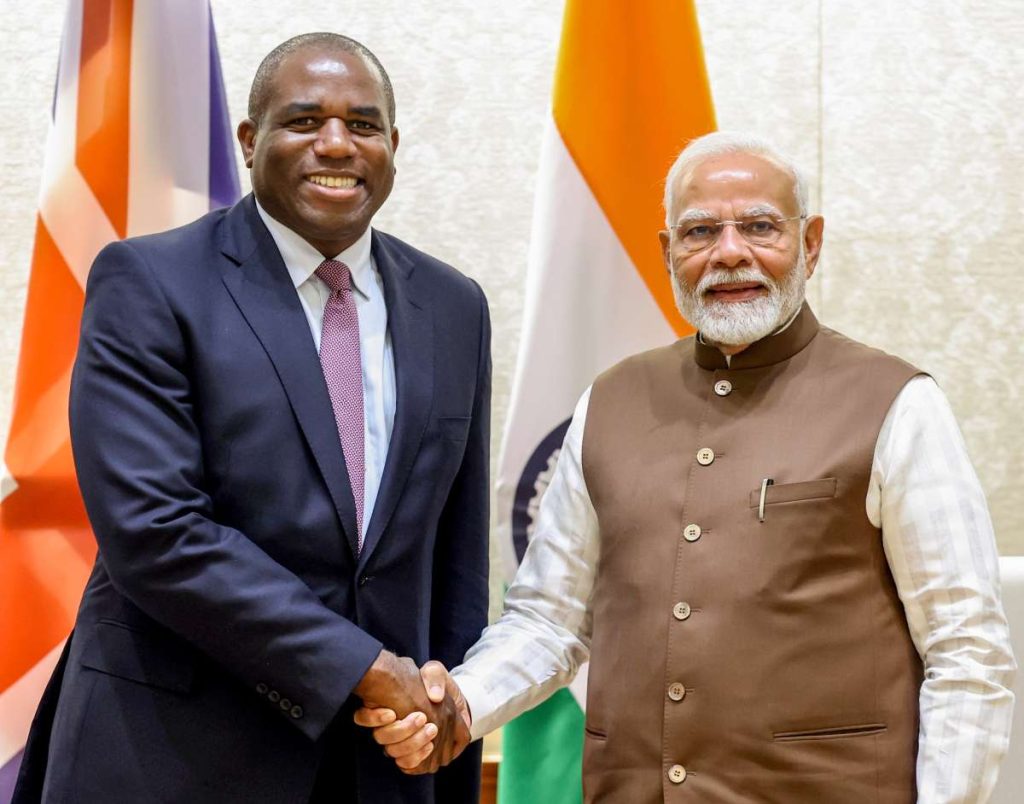
“And one of the things David Lammy says he sees the FTA as a floor for the UK-India trade and investment relationship, not a ceiling,” he said.
“So we’re hopeful that some deal could be done quickly and then built upon as we move forward,” Mccole added.
However, he said that people should not expect negotiations to conclude very quickly, as the Labour government came to power recently only.
“I think people maybe shouldn’t expect negotiations to start and conclude very quickly. The Labour government came to power just three weeks ago and they’ve got a big agenda to achieve,” he said.


